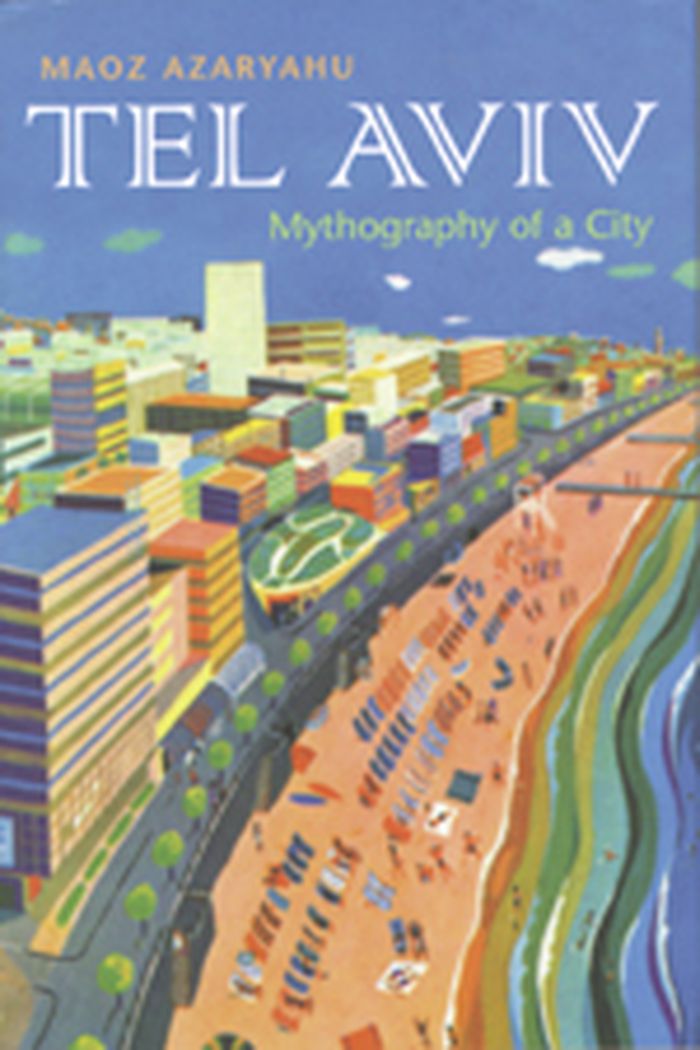$34.95
(disponible sur commande)
Résumé:
Offers an innovative approach to understanding the cultural history of Tel Aviv by exploring the mythical dimension and texture of the city. Founded in 1909 as a "garden suburb" of the Mediterranean port of Jaffa, Tel Aviv soon became a model of Jewish self-rule and was celebrated as a jewel in the crown of Hebrew revival. Over time the city has transformed into a(...)
octobre 2006, New York
Tel Aviv : mythography of a city
Actions:
Prix:
$34.95
(disponible sur commande)
Résumé:
Offers an innovative approach to understanding the cultural history of Tel Aviv by exploring the mythical dimension and texture of the city. Founded in 1909 as a "garden suburb" of the Mediterranean port of Jaffa, Tel Aviv soon became a model of Jewish self-rule and was celebrated as a jewel in the crown of Hebrew revival. Over time the city has transformed into a lively metropolis, renowned for its architecture and culture, openness and vitality. A young city about to celebrate its 100th anniversity, the mythic Tel Aviv continues to represent a fundamental idea that transcends the physical texture of the city and the everyday experiences of its residents. Combining historical research and cultural analysis, Maoz Azaryahu explores the different myths that have been part of the vernacular and perception of the city. He relates Tel Aviv’s mythology to its physicality through buildings, streets, personal experiences, and municipal policies. With critical insight, he evaluates specific myths and their propagation in the spheres of both official and popular culture. Azaryahu explores three distinct stages in the history of the mythic Tel Aviv: "The First Hebrew City" assesses Tel Aviv as Zionist vision and seed of the actual city; "Non-Stop City" depicts trendy, global post-Zionist Tel Aviv; and "The White City" describes Tel Aviv’s architectural landscape, created in the 1930s and imbued with nostalgia and local prestige. Tel Aviv: Mythography of a City will appeal to urban geographers, cultural historians, scholars of myth, and students of Israeli society and culture.
